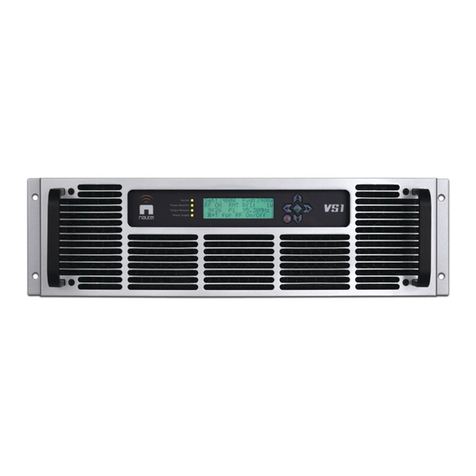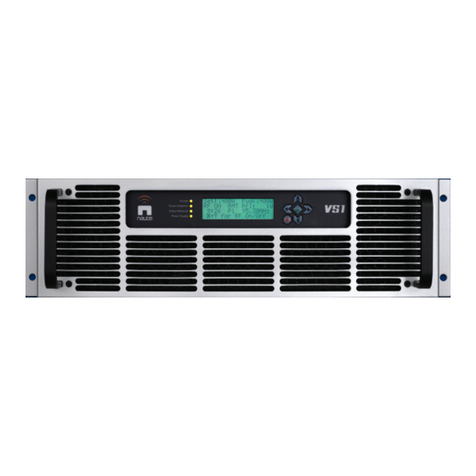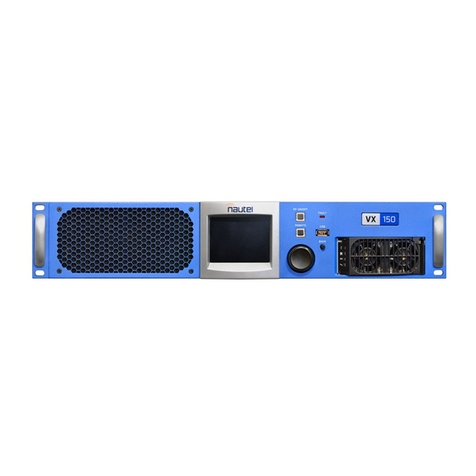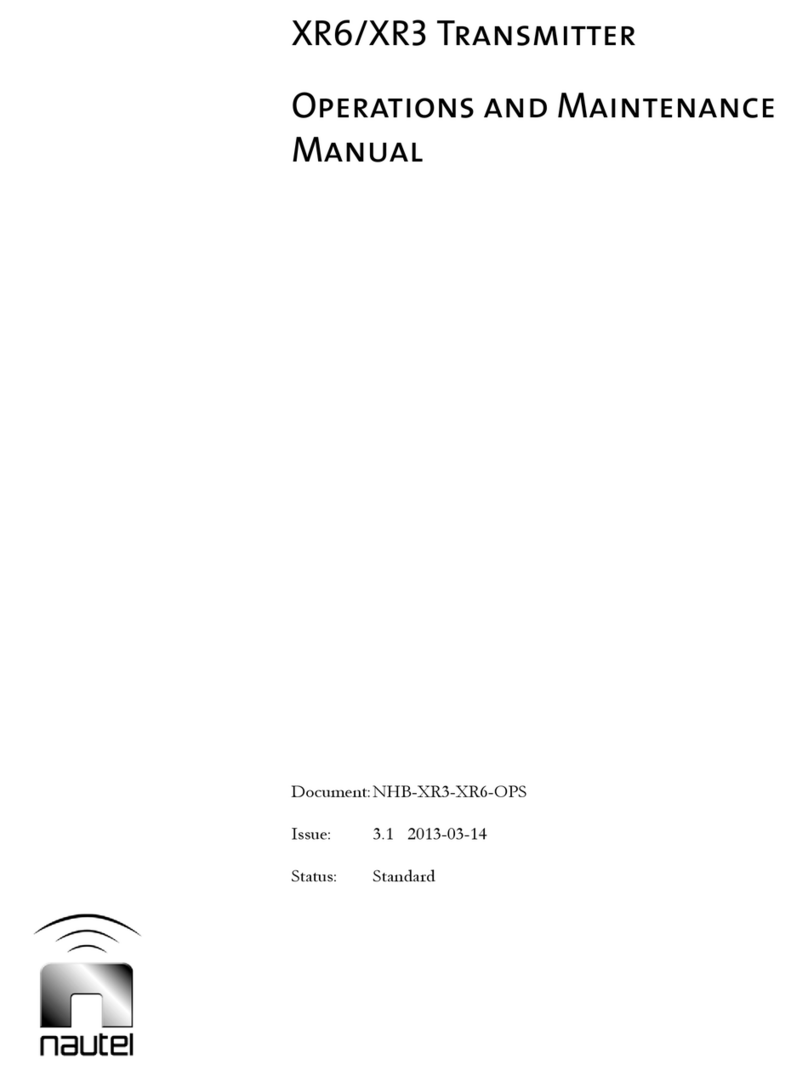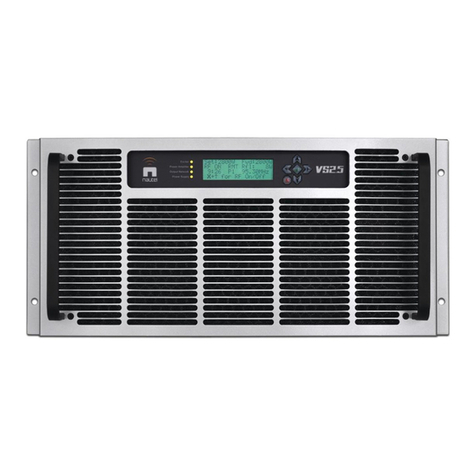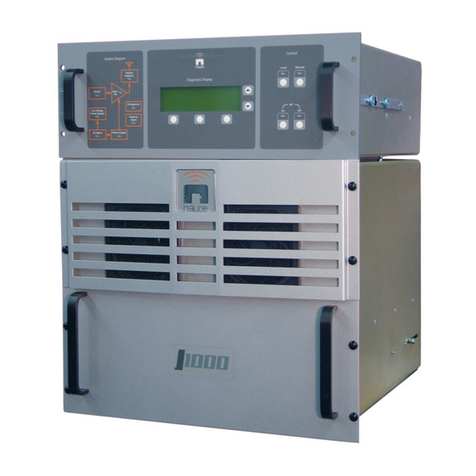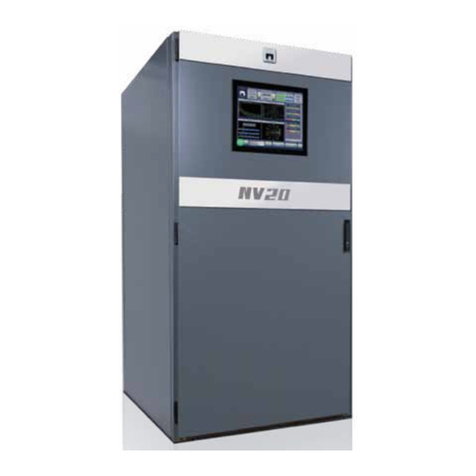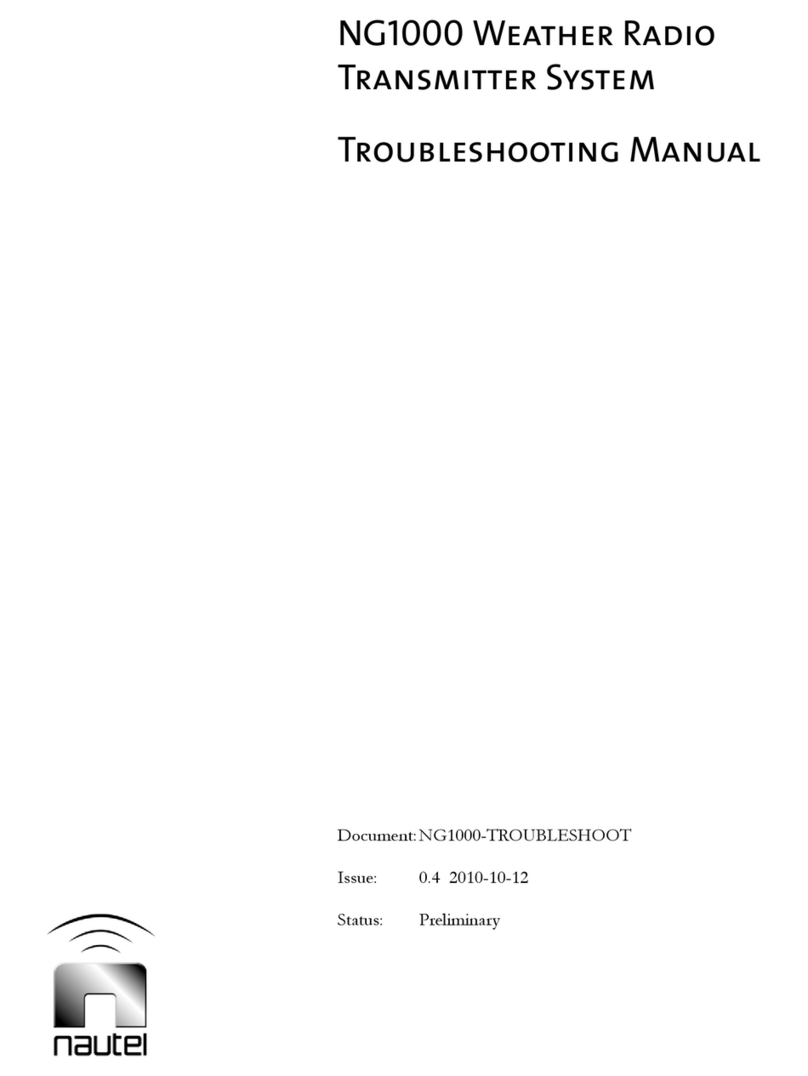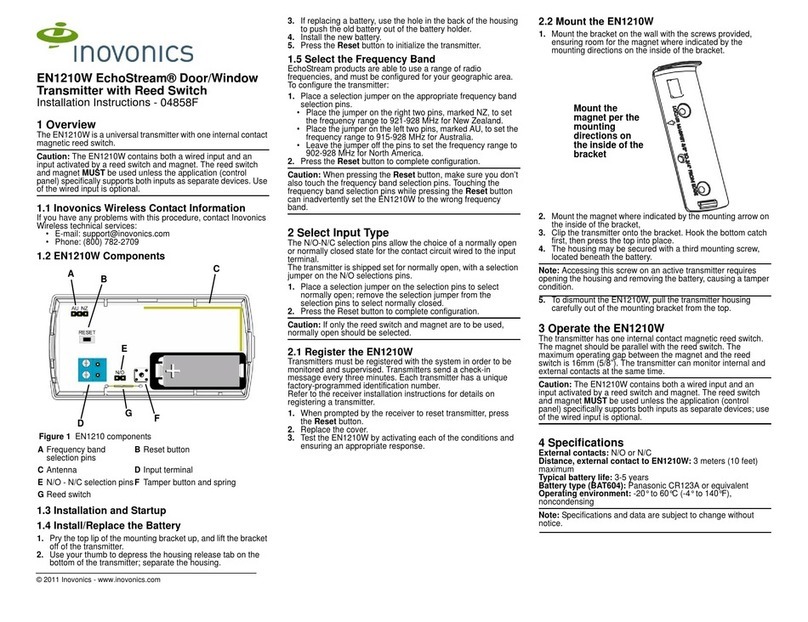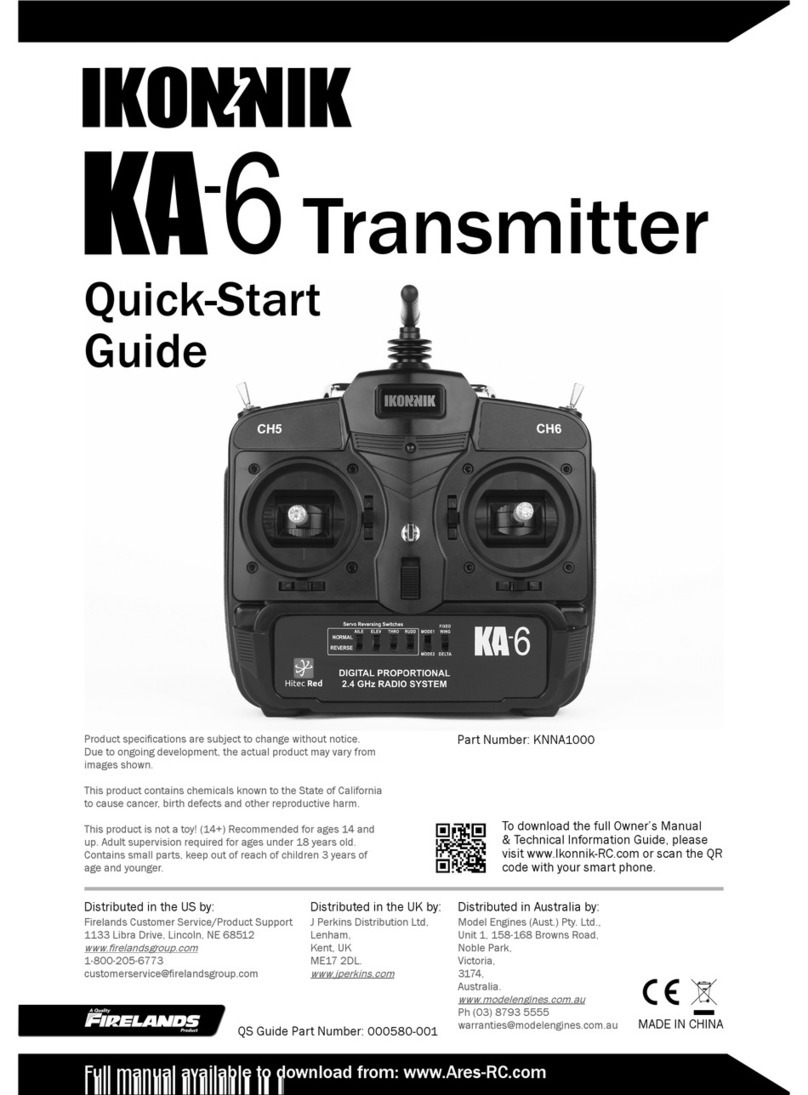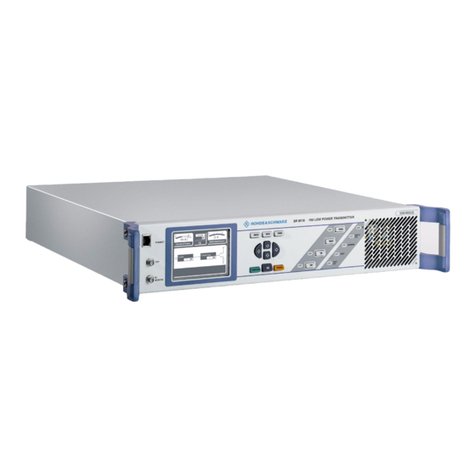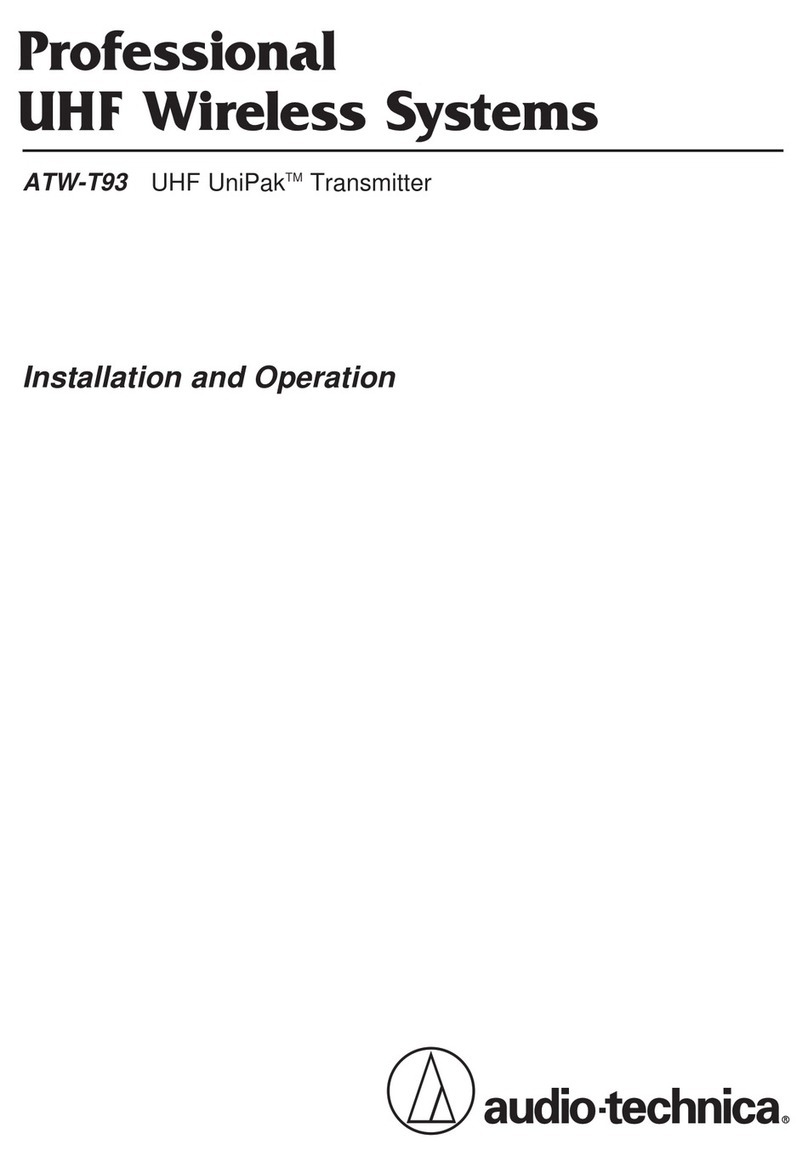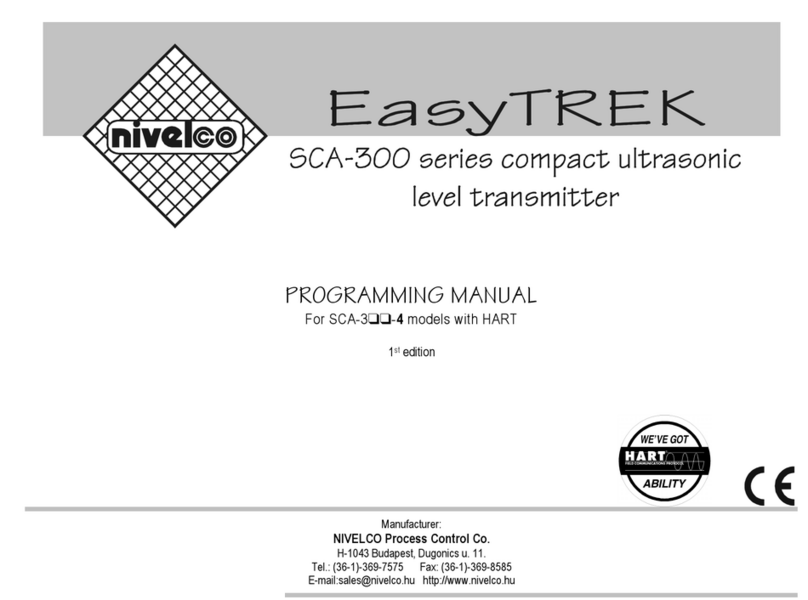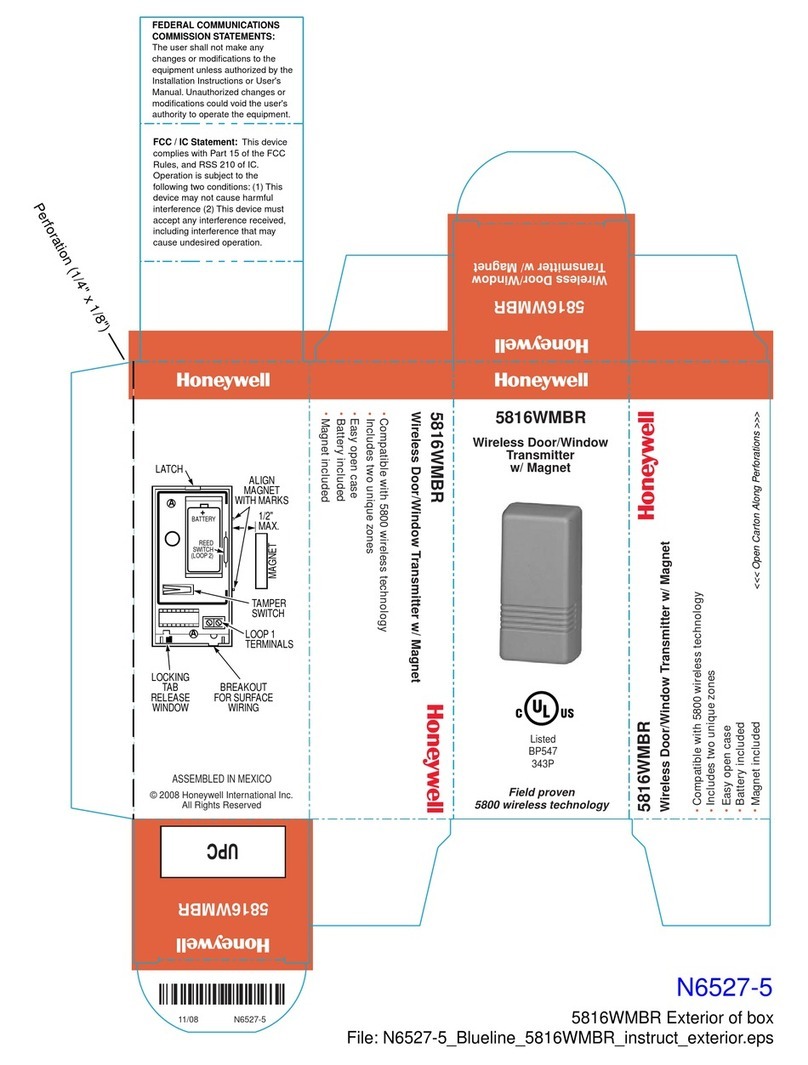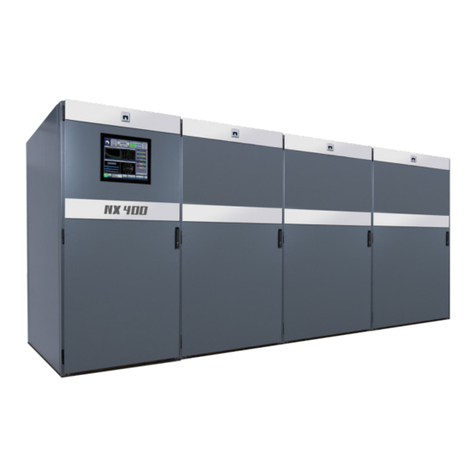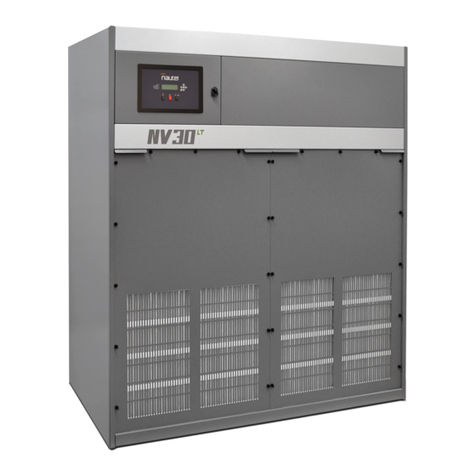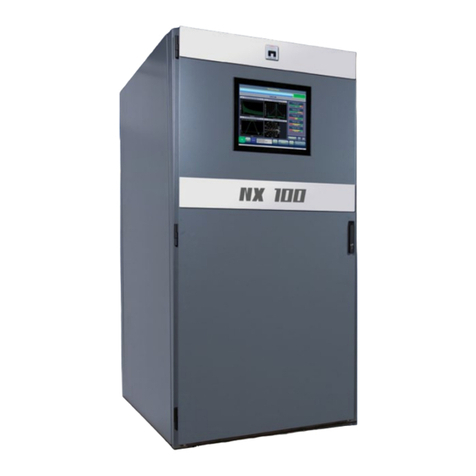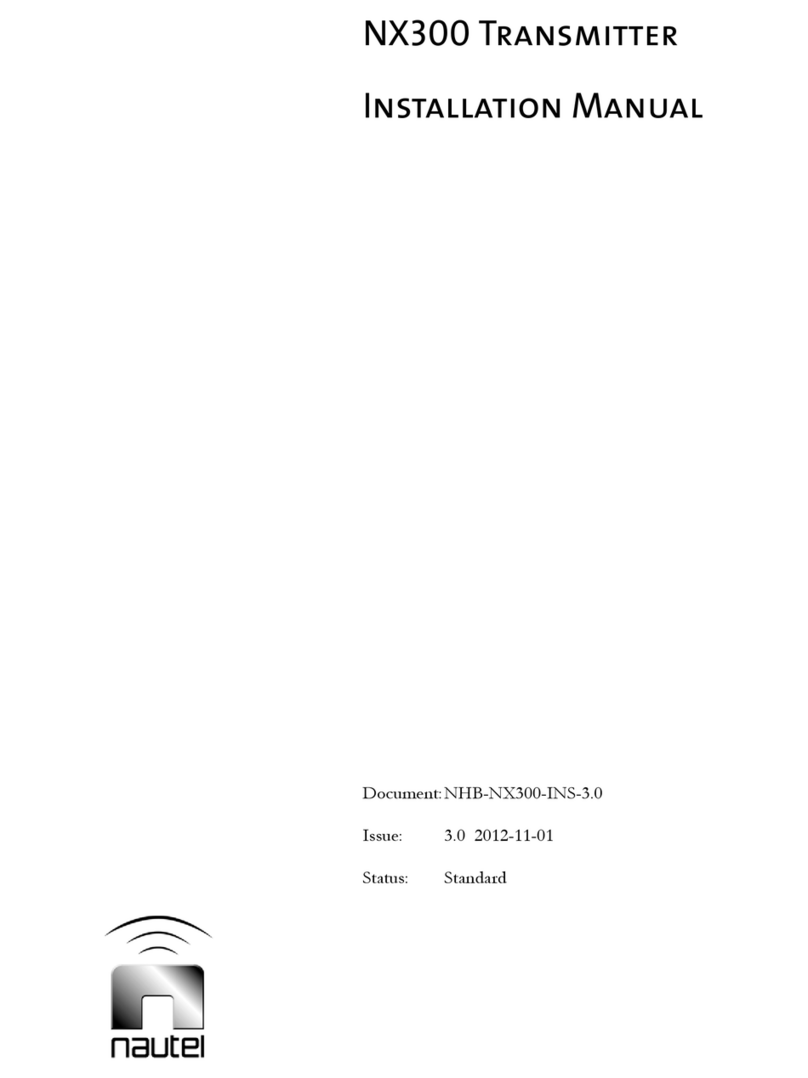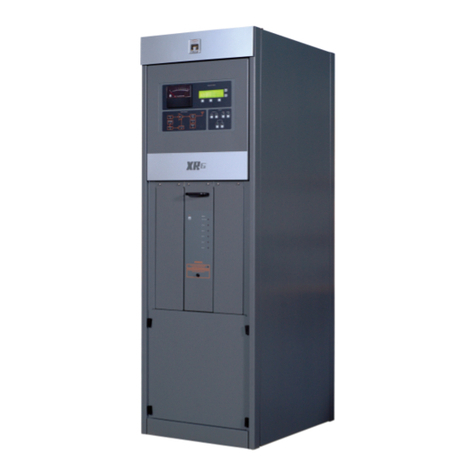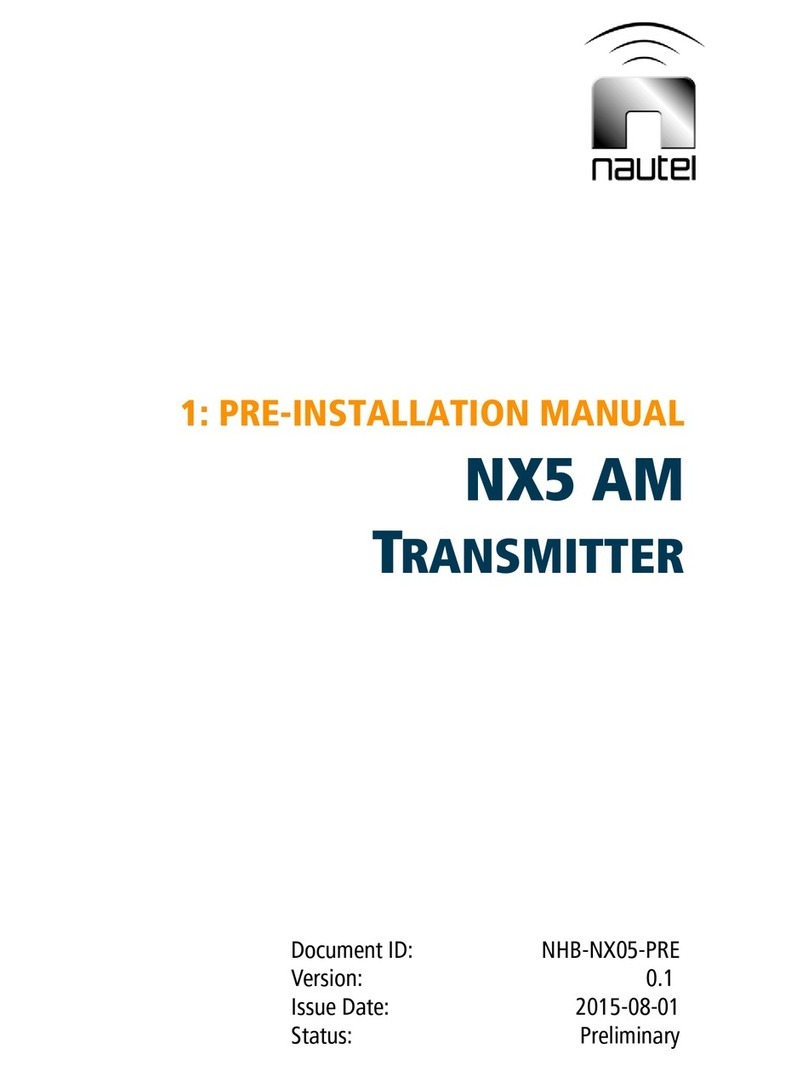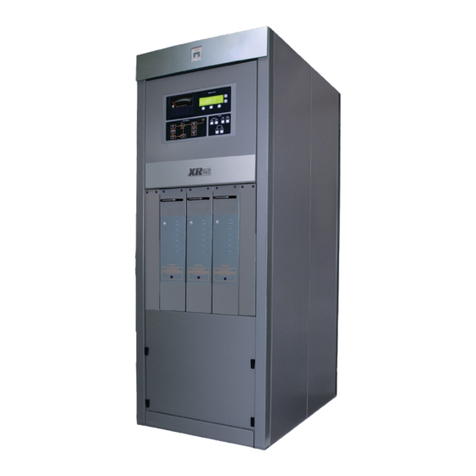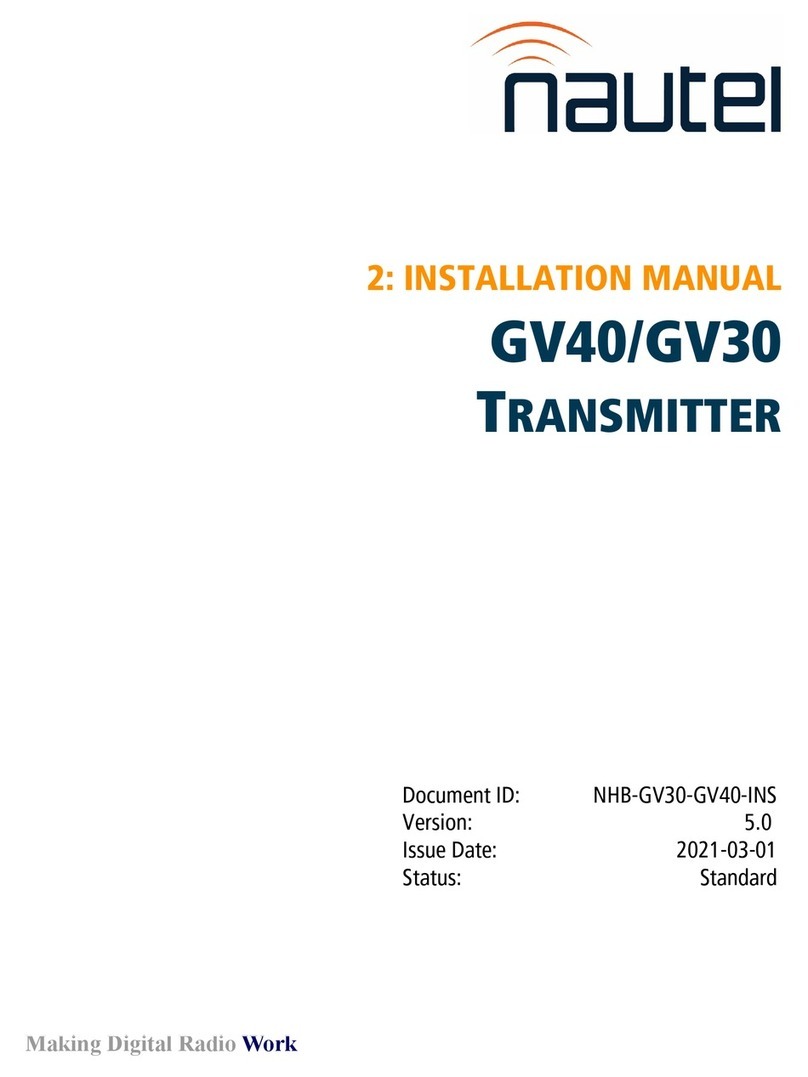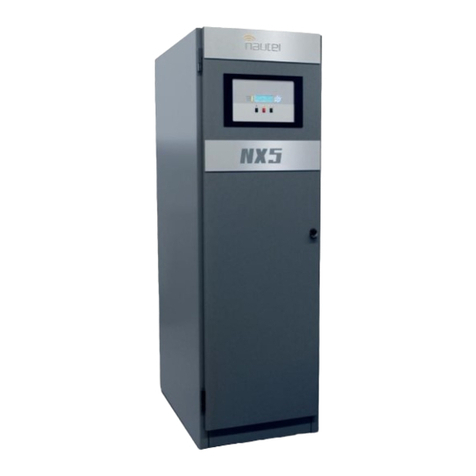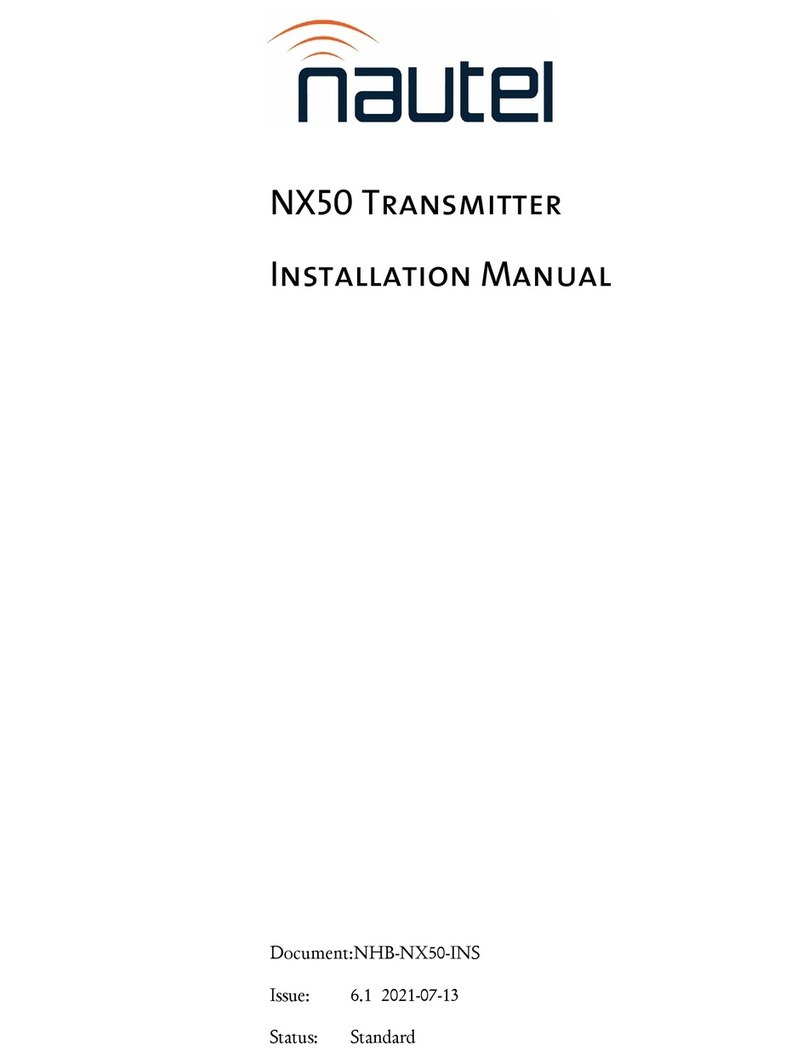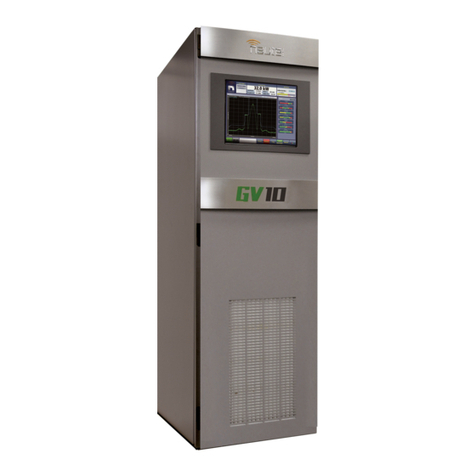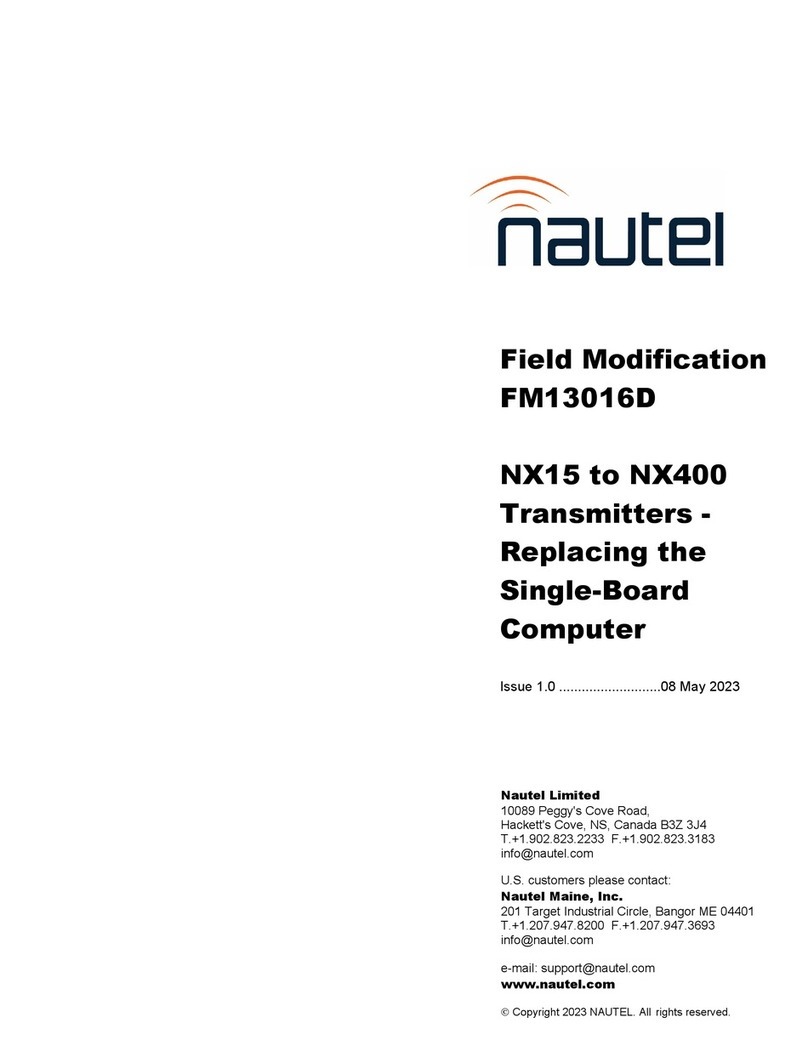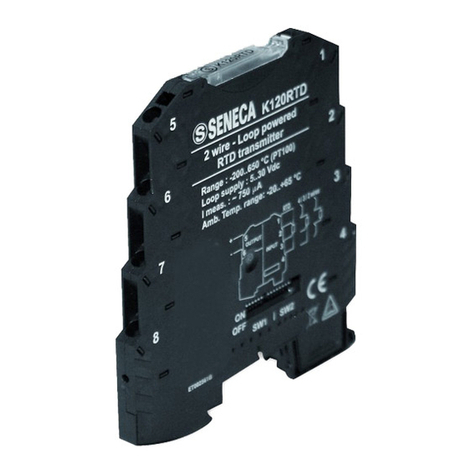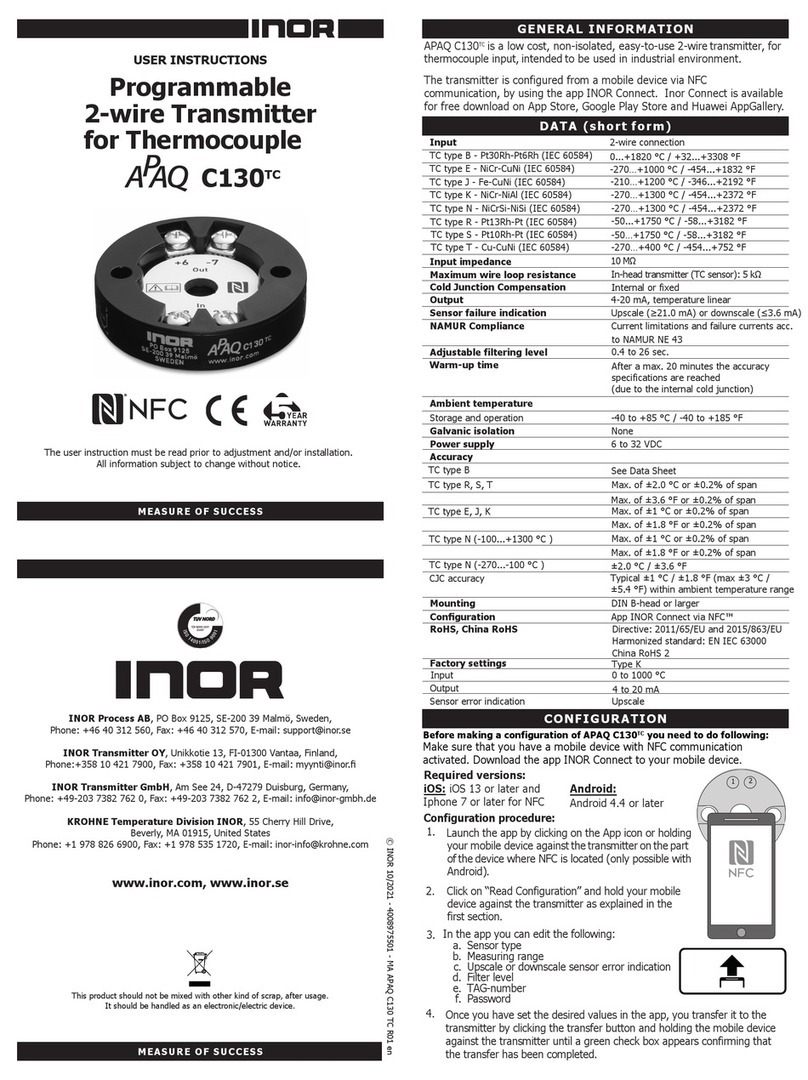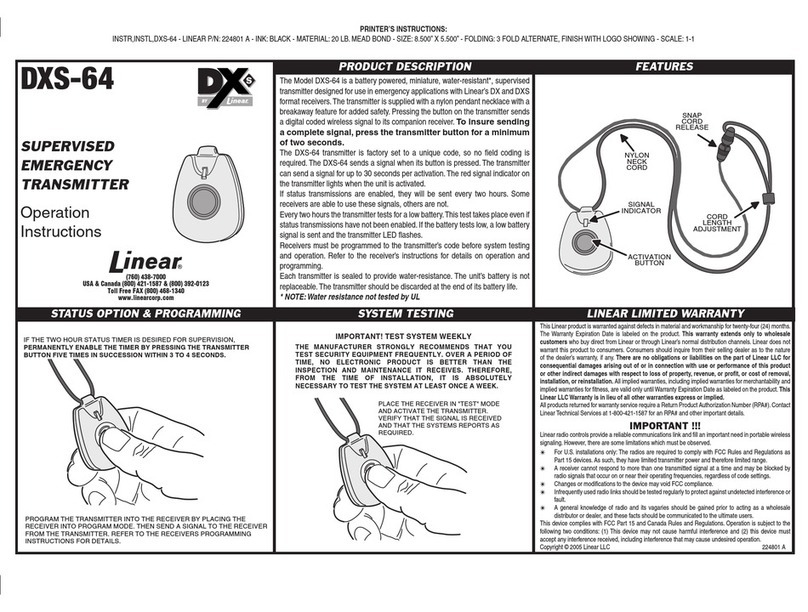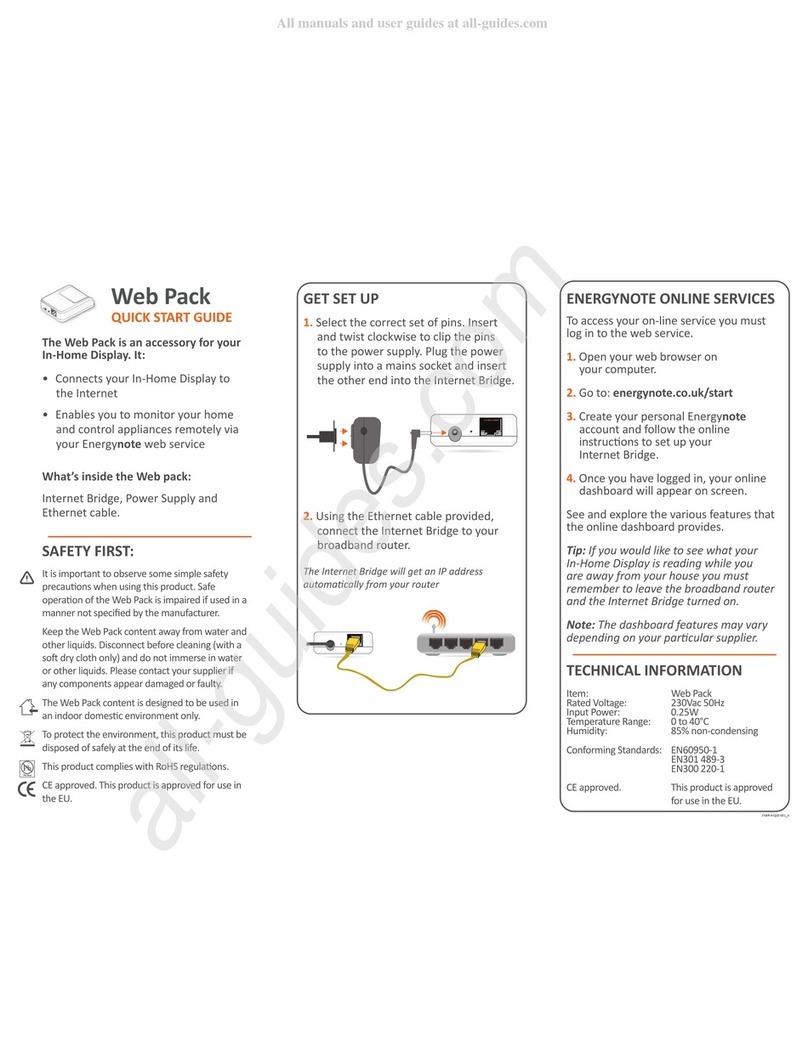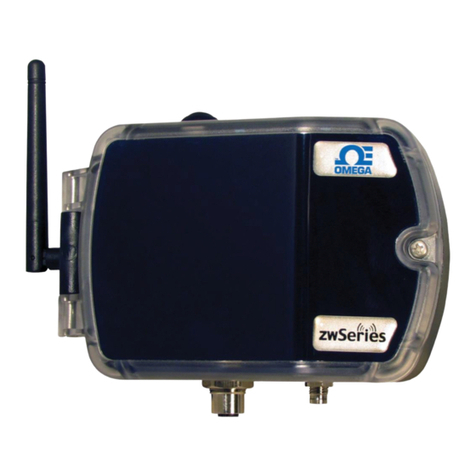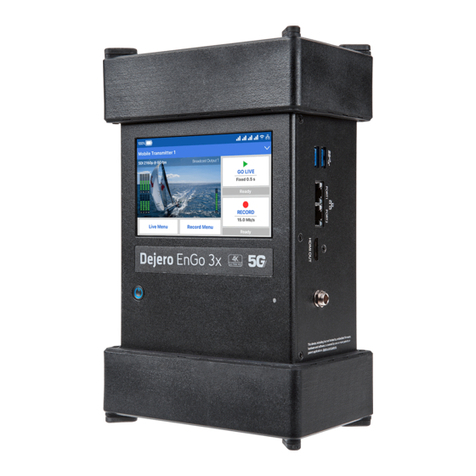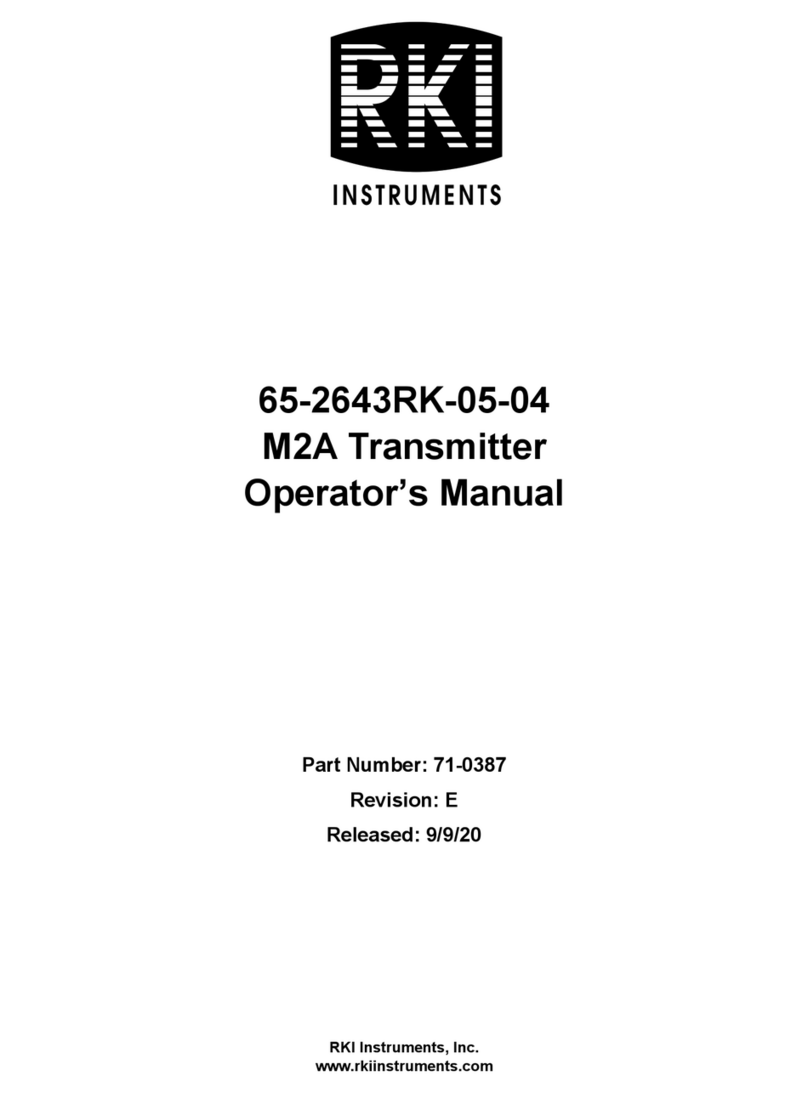
NV30LT-N OPERATIONS & MAINTENANCE MANUAL DESCRIPTION
PAGE 3.1.2 VERSION 0.1 2015-03-01
Power Supply Interface PWB
See electrical schematic Figures SD-1A/B/C, SD-2 and SD-3. Each power supply (PS) interface PWB ():
interfaces between the ac input on terminal blocks TB2 (PWB A1), TB3 (PWB A17), TB4 (PWB
A33)and the LVPS and power supply modules.
distributes LVPS voltage to the RF drive (exciter) stage and the control/monitor stage.
distributes PA voltage to the RF power stage and the control/monitor stage.
controls, with the controller module, the LVPS output voltage.
provides RS485 serial communication between the module control/interface PWB and the RF
power module power supplies.
allows ac input configuration of the LVPS modules if the UPS option is installed.
provides status and alarm outputs from the LVPS and power supply modules, consisting of
Module Present, Power Fail Warning, Rectifier Fault and Overtemp Warning (provided to the
module control/interface PWB over a serial bus).
LVPS Modules
See electrical schematic Figure SD-2. LVPS modules 1A (U2), 1B (U3, if purchased), 2A (U12, if
purchased) and 2B (U13, if purchased) convert the ac input voltage to the regulated output (40 - 48 V
dc, nominally 40 V) that is applied to, and controlled by, the controller module via the module control/
interface PWB. +5 V, +15 V and -15 V regulated outputs are developed from the LVPS output voltage
(40 - 48 V dc) on the module control/interface PWBs. Each LVPS module senses excessive temperature
conditions and applies an Overtemp Warning signal (for indication purposes only) to the module
control/interface PWB. Each LVPS module also has a low power capacity to allow operation at lower ac
input voltages with a user-provided UPS.
Power Supply Modules
See electrical schematic Figure SD-2 and SD-3. Power supply modules U4 through U11 and U14 through
U29 convert the ac input voltage to a regulated dc supply (PA volts) for all 12 RF power modules. Each
switching power supply module is rated for a nominal 2725 W and provides an output voltage
between 18 V and 53 V (typically 40 V). The modules regulate the output voltage based on a serial
control input from the controller module (A4), applied via the module control/interface PWBs. Alarms
that are internal to the power supply module are applied to the controller module via a serial (RS485)
interface. The modules also sense out-of-regulation on the ac input and dc output, and applies a Power
Fail Warning signal to the module control/interface PWB. Both conditions cause the power supply to
shut itself down, thus reducing the transmitter's RF output. All power supply module signals are applied
to the controller for system level monitoring.
